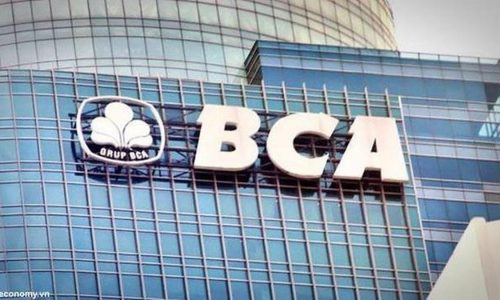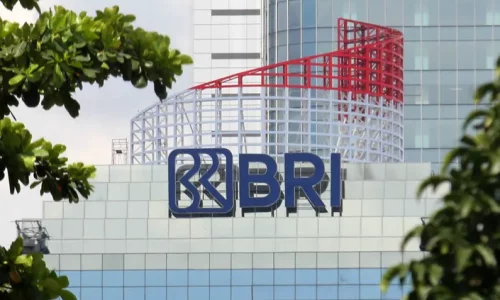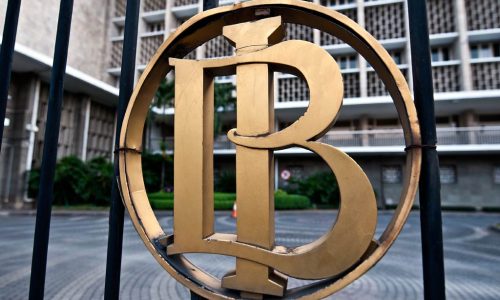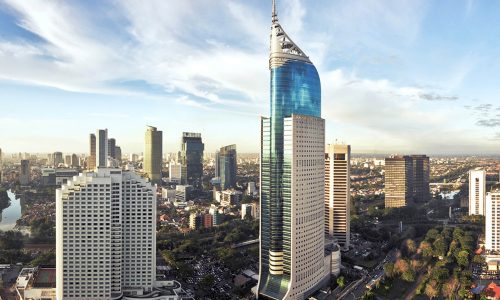The Indonesia Stock Exchange (BEI) has announced that five companies had postponed their plans for an Initial Public Offering (IPO).
The companies’ decision comes amidst an ongoing investigation involving five employees from BEI’s Corporate Valuation Division over a gratification issue.
Originally, 28 companies were set to go public as of August 30, 2024, but this number has now dropped to 23 due to internal decisions and evaluations.
This development comes as BEI and the Financial Services Authority (OJK) continue to investigate allegations of gratification involving five employees from the Corporate Valuation Division of BEI.
However, BEI’s Director of Corporate Valuation, I Gede Nyoman Yetna, clarified that the decision of the five companies to withdraw from the IPO pipeline is unrelated to the ongoing investigation.
Nyoman said that the companies’ postponements were driven by internal factors and results from BEI’s standard evaluation process.
“All processes are conducted according to established procedures and regulations,” he assured.
Four of the five companies, two are classified as small-scale enterprises, while two others fall within the medium-scale category.
Sector-wise, the affected companies span non-cyclical consumer goods, finance, and industrial sectors.
Currently, BEI has 23 companies in the IPO pipeline, including five large-scale companies with assets exceeding Rp250 billion (US$16.2 million), 17 medium-sized firms, and one small-scale company.
Despite the delays, BEI has raised Rp5.15 trillion from the 34 IPOs completed in 2024 to date.
The exchange continues to monitor the remaining companies in the pipeline, ensuring transparency and adherence to all IPO procedures.









